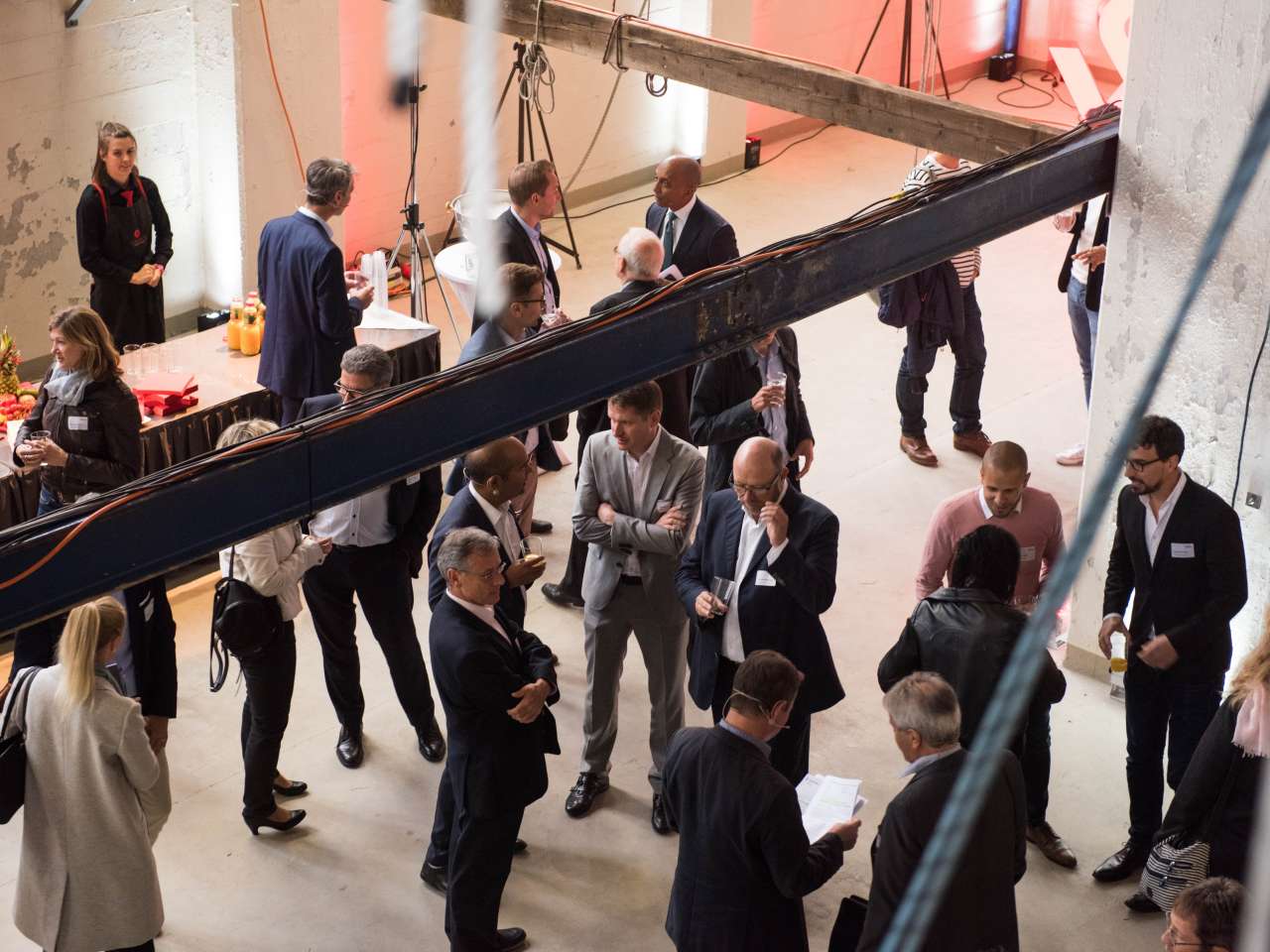"We need to become more attractive as a location and drive digitalization forward"
Zurich's economy is facing challenging years ahead, as it will be short of qualified workers in the near future. This is the conclusion of a study by the Zurich Office of Economy and Labor. The head of the office, Andrea Engeler, explains in an interview where this shortage of workers comes from and points out what can be done about it in concrete terms.
Ms Engeler, according to a study by your Office of Economy and Labor, the Zurich economy will be short of around 210,000 workers by 2050. What are the reasons for this?
Andrea Engeler: If our economy is to continue to grow in the future as it has over the last 20 years, then we really will need additional workers. The reason for this is that more and more people will retire in the coming years and the proportion of working people in the overall population will decrease as a result. If we act now, we can still respond to this development.
Is it already possible to say in which areas there will be a shortage of these workers?
This is a development that is making itself felt in many areas and professions and will become even more pronounced. There is a particularly high demand for workers in the social and healthcare sectors, for example. Recruitment difficulties are also likely to increase in industry, where many STEM professions are located. The ICT sector is already heavily affected, as its skills are needed in all innovation-driven business areas.

Andrea Engeler has been head of the Zurich Office for Economy and Labor for a good two years.
How does the figure of 210,000 missing workers come about?
This is a mathematical scenario. If we assume that gross domestic product and labor productivity will continue to grow until 2050 at the same rate as in the last 20 years and that the potential of the existing workforce will also be exploited at the same rate, this results in the aforementioned employment gap of 210,000 workers.
How will the population feel the effects of this shortage?
If companies cannot find additional workers, economic growth will be lower. This in turn would have a direct impact on our prosperity and income. The problem of financing our pension provision would also become more acute.
What are the possible countermeasures?
There are several levers. In a nutshell, it is important that we continuously improve our attractiveness as a business location, drive forward digitalization to increase productivity and also make better use of the dormant potential on the labour market. The proportion of part-time employees in Switzerland is comparatively very high. In order to achieve something here, it is important, for example, to promote the compatibility of family and career. Of course, the problem could also be alleviated by raising the retirement age or making it more flexible - but that is a political question.
Is the labor shortage just a Zurich problem or is it affecting the whole of Switzerland?
The trend is affecting the whole of Switzerland. From a national perspective, the additional future demand for workers is even greater than in the canton of Zurich. As an urban canton, Zurich has a comparatively younger population than many other cantons.
What can the individual cantons do about this and what should the federal government do about this problem?
The federal government really does have a lot to do here, for example when it comes to adjusting the retirement age or making employment law more flexible. But we as the canton of Zurich can also take action and already are - for example with our location promotion or our regional employment centers. However, the individual sectors and companies also have a role to play. The competition for well-qualified specialists has picked up speed again in recent months.
What is location promotion doing to counter this trend?
An important task of location promotion in my Office of Economic Affairs and Labor is to contribute to attractive framework conditions. Zurich must be and remain an attractive place to live and work for both companies and employees. This is the only way to attract highly qualified specialists to Zurich. The regional location and economic development agencies, such as House of Winterthur, also make an important contribution here. With our regional employment centers (RAV), we are also already strengthening and promoting the digital skills of jobseekers for the labor market of the future.
Lots of vacancies and a shortage of workers - is the employer market turning into an employee market?
The trend is indeed heading in this direction. Many companies have realized that they need to be an attractive employer in order to continue to attract good employees. In some sectors, there is already fierce competition for staff.

To counteract the labor shortage, Zurich must become an even more attractive place to live and work - both for companies and for employees.
What can employers do to be attractive to employees in the future?
"New leadership" and "new work" are key terms in this context. This means promoting alternative forms of work and establishing a management culture that is based less on hierarchies and more on inspiration and conveying meaning. Companies' efforts to provide their employees with further training and internal personnel and career development are also of great importance.
What are the professions of the future?
There is no absolute answer to this question. We will continue to need well-trained employees in all sectors of the economy in the future, including in the skilled trades. There is already a major shortage of workers in the STEM professions, i.e. the technical professions. We must succeed in attracting more young women to this exciting and promising occupational field in the future.
Interview: Linda Stratacò, April 2022









